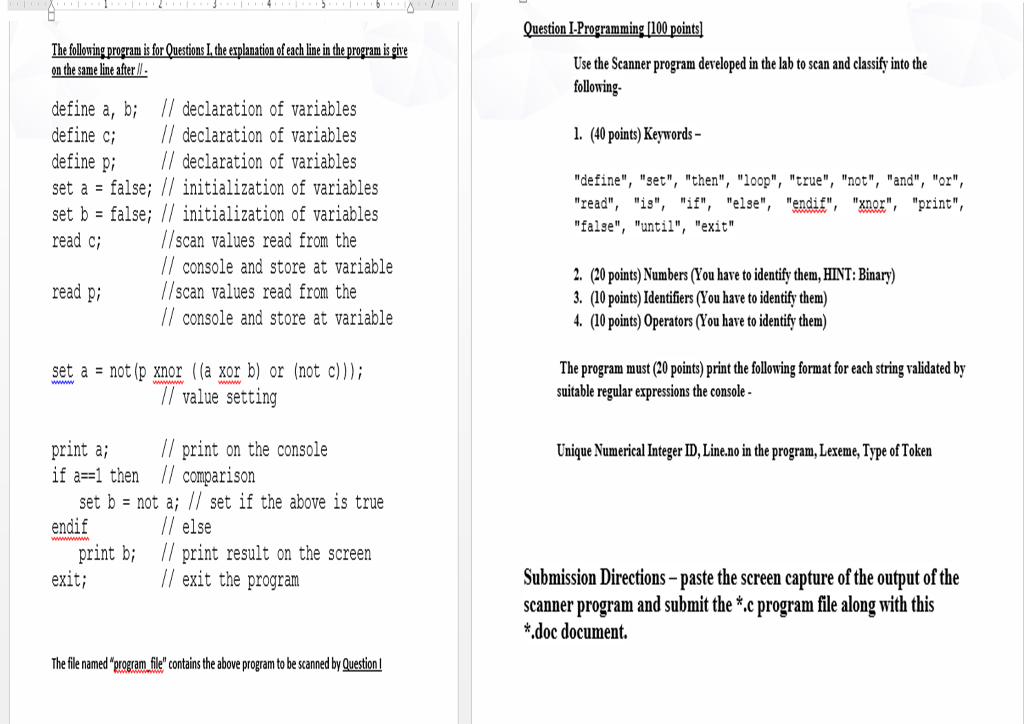
Which scan could be used to find the location of a lesion in a living brain? Computerized tomography or magnetic resonance imaging b. Diffusion tensor imaging c. Confocal laser scanning microscopy d. Electroencephalogram e. Electron microscopy. To scan, or not to scan.that is the question. Modern medical advancement such as MRIs and other scans have really changed the landscape of medicine. We can more than ever get to 'see' inside the body. As costs come down and the numbers of scanning machines multiply, scans are done more than ever. This helps with diagnosis, but can also add to 'knowing too much.' One of the most frequently asked questions about Parkinson’s disease on NPF’s “Ask the Doctor” web-based forum is whether or not to pursue DaT or PET scan to confirm a diagnosis of Parkinson’s disease. The short answer is that the DaT test is over-used in clinical practice, and is only FDA approved to distinguish potential Parkinson. In these cases, a CT scan is recommended prior to LP. Unfortunately, it has been wrongly interpreted by many that all patients require CT scan prior to their LP. The clinical findings of decreased level of consciousness, focal neurological deficits, or papilledema make CT scan necessary prior to LP.
To Scan Or Not Scan.. That Is The Question Mark

Shakespeare obviously didn’t have document scanning in mind when he penned his famous phrase. But the dilemma presented is somewhat similar. Should your employees be utilizing scanning options more than they currently do?
Paper is not only expensive, but it can also often cause more work and headaches after a document is physically produced. Scanning can eliminate some of those concerns.

Why should you scan your documents? Here are a few basic reasons why it makes sense:

To Scan Or Not To Scan Dat Is The Question
- Reduced storage and administrative costs– Once you’ve created a paper document it has to be filed and maintained, increasing employee workload and increasing the office budget.
- Improved search and editing functions – With digital records you can search documents by keywords or phrases and edit them at your desk, or even from your mobile device.
- Protection from disaster or theft – With the proper security and backup policies in place, you never have to worry about a missing document or record.
A paperless office may still be a little far-fetched, but with the right resources and guidance, you can certainly take advantage of technology to reduce your dependence on paper. Consult a records management professional for help on how to start.
